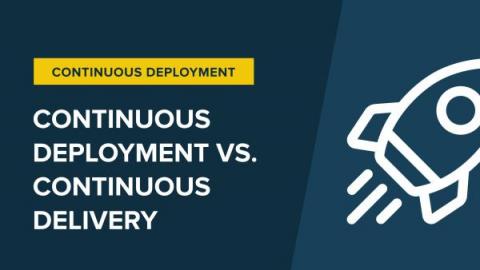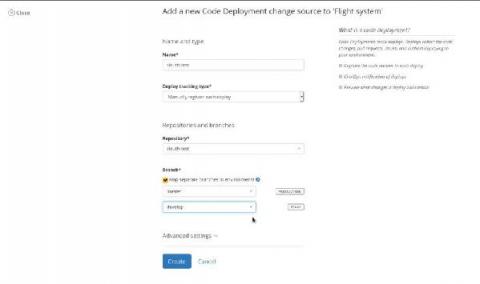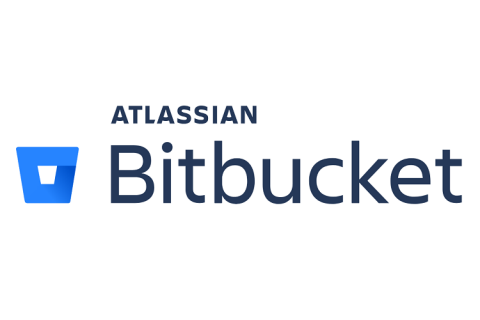Continuous Deployment vs. Continuous Delivery: What is the difference?
Being in the DevOps space, we're often asked questions about software deployment like, "What's the difference between continuous deployment and continuous delivery?", "What is continuous deployment?", and "Are continuous deployment and continuous delivery the same thing?" So first, let's start by clearly defining these terms.








